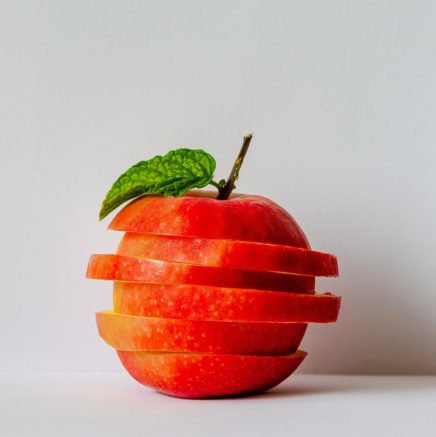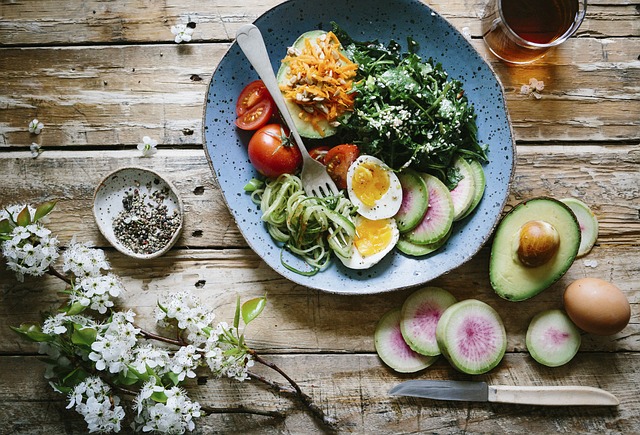One of the most challenging recommendations for my patients, is to simplify their routines. This comes up in a big way with eating habits which can be chaotic and damaging to many areas of the body. Eating is such a simple task, and it’s best left that way. As children, most of us learn about healthy food vs. junk food and how our bodies really need the healthy stuff, even if our mouths prefer the junk. What is almost never taught, is that HOW you eat is as vital as what you eat.
So much of our health resides in the gut. Most of us spend decades abusing our GI tracts, meanwhile experiencing mental fog, skin problems, hormone issues, and a laundry list of other directly related ailments. These five practices have been pivotal for every patient I’ve seen apply them. Take a moment and ask yourself if you’re ready to do less, in order to gain more.
The HOW of eating
- Ditch the multitasking while you eat – Digestion is a big job and it requires all available energy to do it’s best work in breaking down complex molecules and transforming that into usable energy, blood, and the building blocks for literally every function and structure in our bodies. If your mind is engaged in phone/computer/TV time or cycling through worries or your To Do list, that energy is in you head, not in you gut. Of course, if you’re physically running around or driving, that’s clearly going to divert energy away from the cause. Try just eating, breathing calmly, and looking out a window, at some art on the wall, or having good company to chew with.
- Slow down and really chew – We’ve all heard this before but it just doesn’t stick, perhaps because we’re in such a rush. Aside from better digestion and extraction of nutrients from your food, chewing helps you slow down and notice when you’re getting full, you’ll taste more of the natural sweetness of food which helps calm sugar cravings, and your brain will truly registered that you’ve eaten and don’t need to hunt down more food for a while. You shouldn’t end a meal thinking, “Wait, where did my food go? I barely remember eating it.”
- Aim for 80% – A simple concept, but it can require serious practice. Start observing when you feel about 80% full and stop there. You’re brain will catch up to your stomach and realize that you’re actually 100% satiated and your body’s needs have been met perfectly. Oversized portions tax your digestive system and spread your enzymes and stomach acid too thin to get the job done well. A sign of this is feeling sleepy post meals, along with possible bloating and other digestive symptoms.
- Maintain a rhythm – the body loves to know what’s coming around the bend. Eating meals and snacks at consistent times without skipping meals, keeps your insulin flowing in a steady stream rather than in spikes and valleys that stress organs and inevitably lead to exhaustion and rebound overeating. This healthy habit assists your adrenal glands, hormones, mood, and helps prevent type II diabetes and weight fluctuations.
- Simple food combos – Whatever foods you choose, try not to add more than a handful of ingredients to the mix. Complex meals are more difficult to breakdown and can again lead to gas, bloating and fatigue from an exhausted digestive process. Try sticking to a protein, up to 3 types of veggies (greens primarily), perhaps a grain, and some type of sauce or flavorful topping.
Pretty simple concepts, but that’s where the challenge lies. Believe me, slowing down can be a major time saver in the end.




Leave A Comment